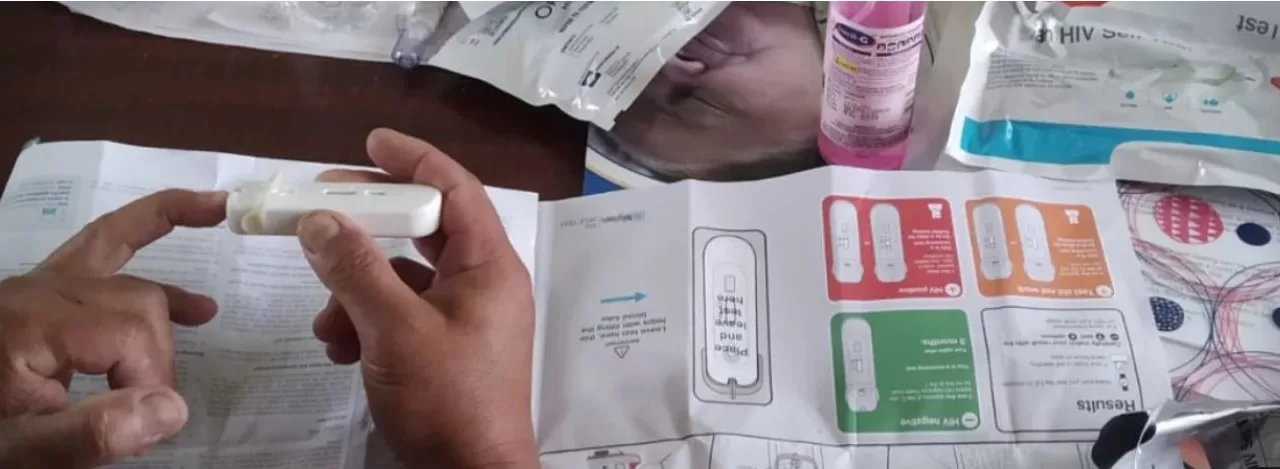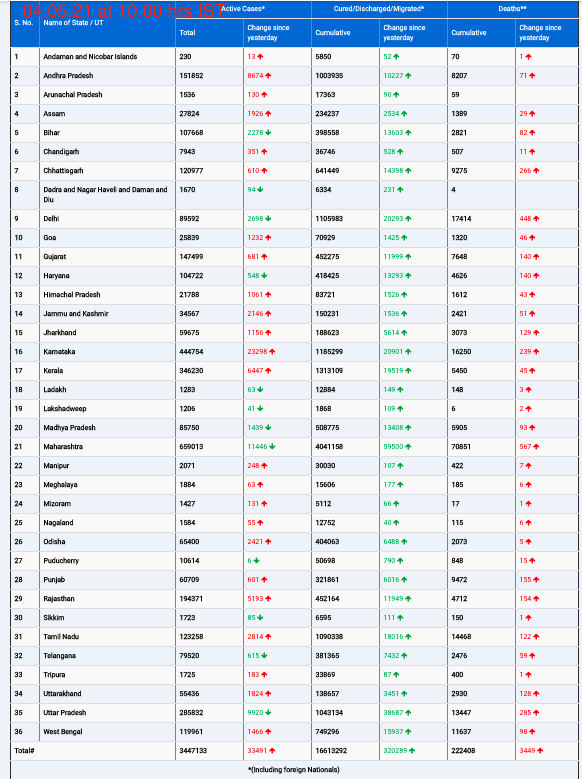
January 25, 2024 — A groundbreaking study led by scientists from the Institut Pasteur, CEA, Inserm, Université Paris Cité, and Université Paris-Saclay has identified a critical window of opportunity for the introduction of HIV treatment that promotes long-term remission. The research, published in the journal Nature Communications, suggests that initiating treatment four weeks after infection significantly enhances the ability to control the virus even after discontinuing treatment.
The study builds on previous research from the VISCONTI cohort, which demonstrated long-term remission in post-treatment controllers—individuals capable of maintaining an undetectable viral load for over 20 years after discontinuing antiretroviral therapy. The current findings highlight the importance of early diagnosis and treatment initiation for people living with HIV.
Using a primate model of SIV2 infection (simian immunodeficiency virus), the researchers compared groups that received two years of treatment starting shortly after infection (acute phase) or several months later (chronic phase), along with a group that received no treatment. Results consistently showed that initiating treatment within four weeks of infection significantly promoted viral control even after the treatment was halted.
Asier Sáez-Cirión, co-last author of the study and Head of the Institut Pasteur’s Viral Reservoirs and Immune Control Unit, emphasized the link between early treatment and infection control post-treatment interruption. The study revealed a narrow window of opportunity for promoting remission of HIV infection, with the protective effect diminishing if treatment was delayed by just five months.
Moreover, the researchers demonstrated that early treatment fostered the development of a robust immune response against the virus. Memory CD8+ T cells, critical for antiviral potential, were found to be more effective in individuals who received early and prolonged treatment. These cells played a key role in naturally eliminating the virus during the rebound after treatment discontinuation.
Roger Le Grand, co-last author of the study and Director of IDMIT (Infectious Disease Models for Innovative Therapies), highlighted the dual impact of early treatment—preserving immune responses and preventing the diversification of the virus within the body. The study suggests that starting treatment six months after infection, a relatively short timeframe compared to current clinical practice, results in a loss of effectiveness.
The results of the p-VISCONTI study, initiated in 2015, should guide the development of novel immunotherapies targeting immune cells involved in the remission of HIV infection. Early treatment not only benefits individuals by optimizing immune responses but also contributes collectively by reducing the risk of virus transmission to others.
This research, supported by MSD Avenir and ANRS Emerging Infectious Diseases, emphasizes the critical role of early intervention in HIV treatment and offers hope for long-term viral control even after treatment cessation.












